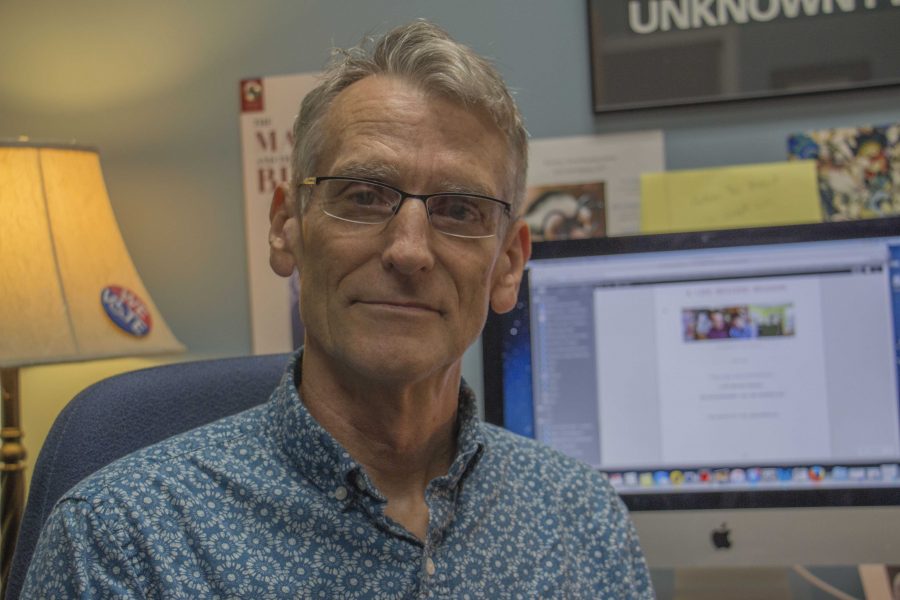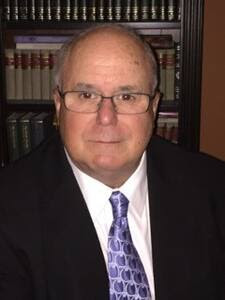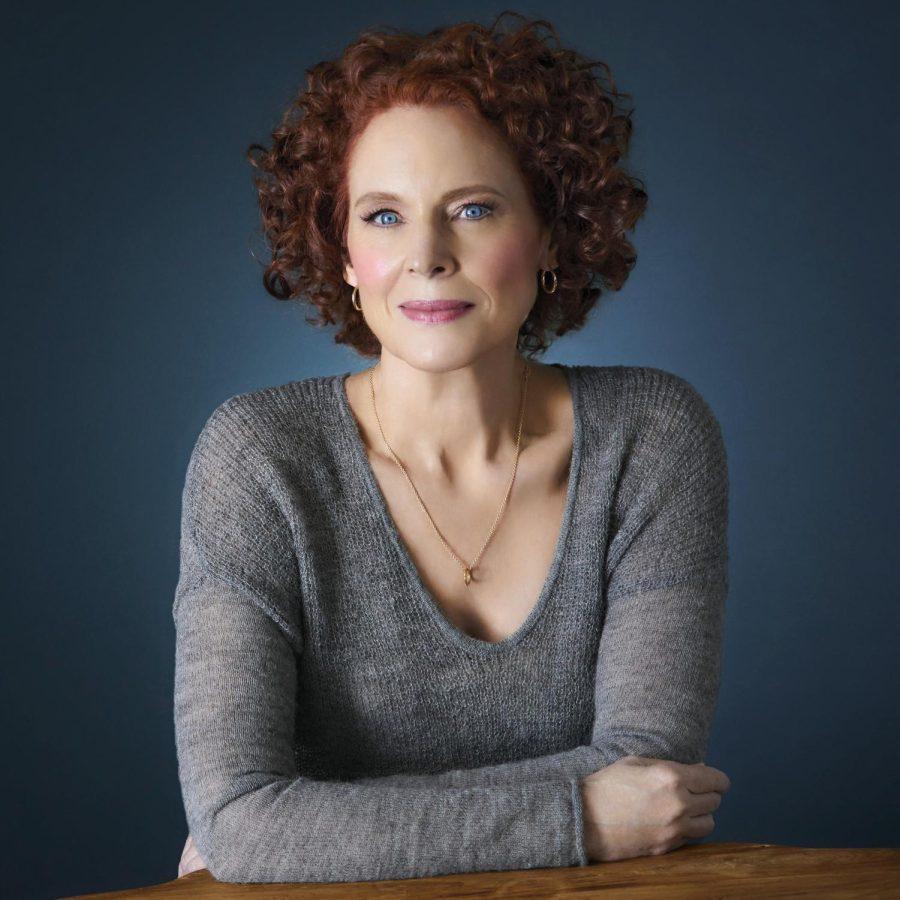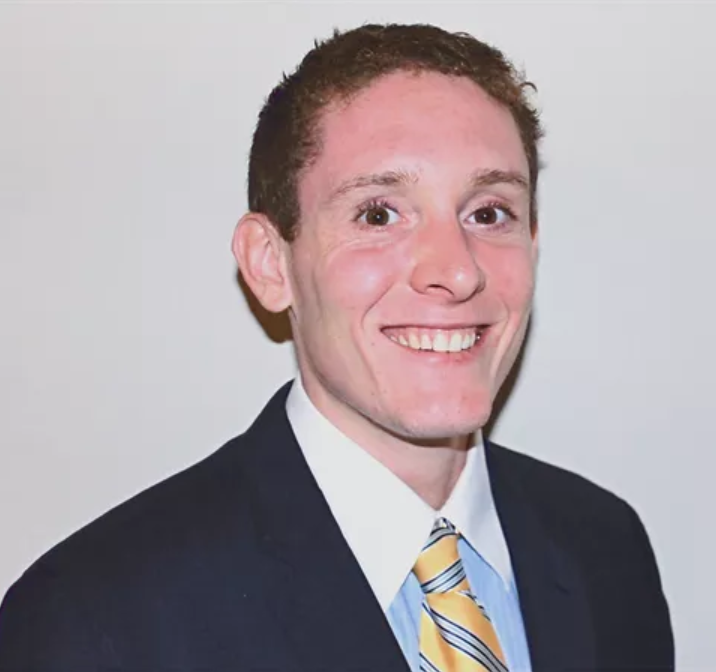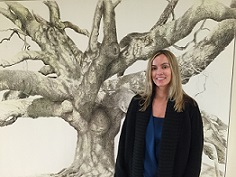Raising a child with a disability is no easy task. It takes dedication and a world of patience. Amidst the sacrifices made, it is important to remember that there is always hope at the end of the road. According to Dr. Chris Gabbard, an associate English professor and writer, raising his son “wasn’t all roses, but it wasn’t all thorns either.”
Gabbard is no stranger to raising a child with severe disabilities, and he wanted to paint his experiences through his story entitled “A Life Beyond Reason,” which he published in the Chronicle of Higher Education in 2010. He spoke with the UNF community on Oct. 26 about his story, which according to Gabbard will soon be transformed into a book with other topics and published by the end of the semester.
His goal in writing his book “A Life Beyond Reason: The Enlightenment, Peter Singer, and A Disabled Boy” was to give both sides of this reality. He wanted to be sure parents knew the good and the ugly truth of raising a disabled child.
Gabbard’s son August was diagnosed with multiple disabilities at birth including cerebral palsy, blindness and cognitive impairment. Gabbard discusses his experience raising his son and also serves as a guide for parents experiencing similar situations.
“I wanted to talk about how he was born, his life, what a wonderful little boy he was and also the issues we encountered during our care of him,” Gabbard said.
Gabbard wasn’t aiming to shy away from honesty either. Despite a clash of ideas with his literary agent who wanted to read a positive account, Gabbard continued to follow his instinct.
“[The literary agent] wanted the story completely glowing and optimistic without the dark side,” Gabbard said. “If you’re going to give people an insight of going down that road, you can’t sugar coat it. You have to talk about what to expect in reality.”
Gabbard has worked with other disabled children as a result of experiences with his son. He volunteers at his son’s old school, Mount Herman Exceptional Student Center and also has his class volunteer there.
“I have to do a lot of promotion to get people to take the course,” Gabbard said. “They either don’t know what it is, don’t want to do any volunteering or don’t understand completely what disabilities studies is.”
The class “What If I Can’t Be Fixed?” revolves around disability theories and disabled characters in books. Students who take his class volunteer at various schools to expand their knowledge of the disabilities by looking through the study of humanities as well.
“We look at society and how people with disabilities are portrayed culturally,” Gabbard said. “We don’t just look for disabled characters in books; we look at how society handles them.”
Following his son’s death at the age of 14, Gabbard’s message for readers is to not only think of the darkness of disabilities, but as he says, “If it seems like it’s really dark, it’ll probably get lighter and it’s not gonna stay dark forever.”
Students can read more about Gabbard’s story, including his book, on his website.
—
For more information or news tips, or if you see an error in this story or have any compliments or concerns, contact editor@unfspinnaker.com.




